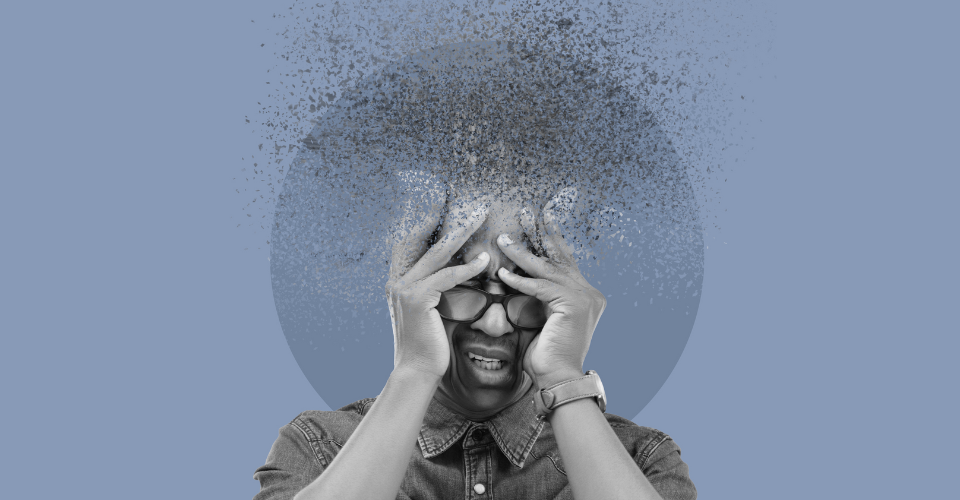Pondering over Cognitive Reserve
A fraction of people with Alzheimer’s – those who have amyloids and tau proteins in their brains – do not have the disease. This is often attributed to “cognitive reserve”, the brain’s ability to use alternative pathways to solve problems. People with higher cognitive reserves can fight off dementia better than others. But this reserve can be weakened by high or persistent stress, which makes individuals less likely to socialize and be physically active as these habits are vital in preventing dementia.
Stress, therefore, is a factor that has been associated with rapid decline in cognition and later development of Alzheimer’s disease. Researchers studied cognitive reserve, cognition and biomarkers for Alzheimer’s disease like tau and amyloid. They wanted to see if the advantages of cognitive reserve would be affected by levels of stress.
The Swedish Study
This was examined by a recent study that involved 113 participants recruited from a memory clinic in Sweden, part of the Cortisol and Stress in Alzheimer’s Disease cohort study. These reserves could be built through many ways like remaining mentally active throughout life via formal education, engaging oneself in complex jobs, acquiring new languages or playing strategic games such as bridge. Physical activity as well as maintaining healthy social relationships are also major contributors towards cognitive reserve.
Measuring Cognitive Reserve and Stress
Different indices were used by researchers including lifelong education level; complexity of former employment; physical activities undertaken at leisure time during old age among others that were combined into an index designed to measure cognitive reserve while subjectively assessed one was rated through questionnaire. It was assessed both biologically (saliva cortisol levels taken at different times) as well as subjectively (anxiety symptoms).
How Stress Affects Your Brain Function After That
When physiological stress (cortisol) was controlled, its beneficial effects on cognitive reserve waned, suggesting that cortisol depletes cognitive reserve. Nonetheless, subjective stress did not have the same impact, implying that different aspects may be assessed by subjective and biological measures.
While subjects with well-balanced cortisol rhythms (morning and evening levels) showed improvement of working memory, those with imbalances did not. On the other hand, an imbalance in this hormone can disturb sleep and alertness which are important for cognition.
Cortisol as a Stress Hormone and Tau Protein
High waking morning cortisol levels were associated with greater tau protein levels among individuals with high cognitive reserve. These tau proteins cause tangles in brain cells affecting their normal functioning. This association implies one of two things; it could be that stress makes adults more prone to tau accumulation or that stress alters amount of tau release from other sources. Consequently, this prevents one from engaging in activities which help to build cognitive reserves.
Ways of Managing Stress to Preserve Brain Functions
Chronic stress reduces the cognitive benefit derived from mentally stimulating activities and enriching experiences later in life. Integrating daily routines with mindfulness and meditation techniques for reducing stress may improve overall brain health and forestall cognitive decline.
Understanding the complex connection between stress and cognitive reserve will enable us to develop better strategies for safeguarding against dementia as well as improving overall cognition level.




























